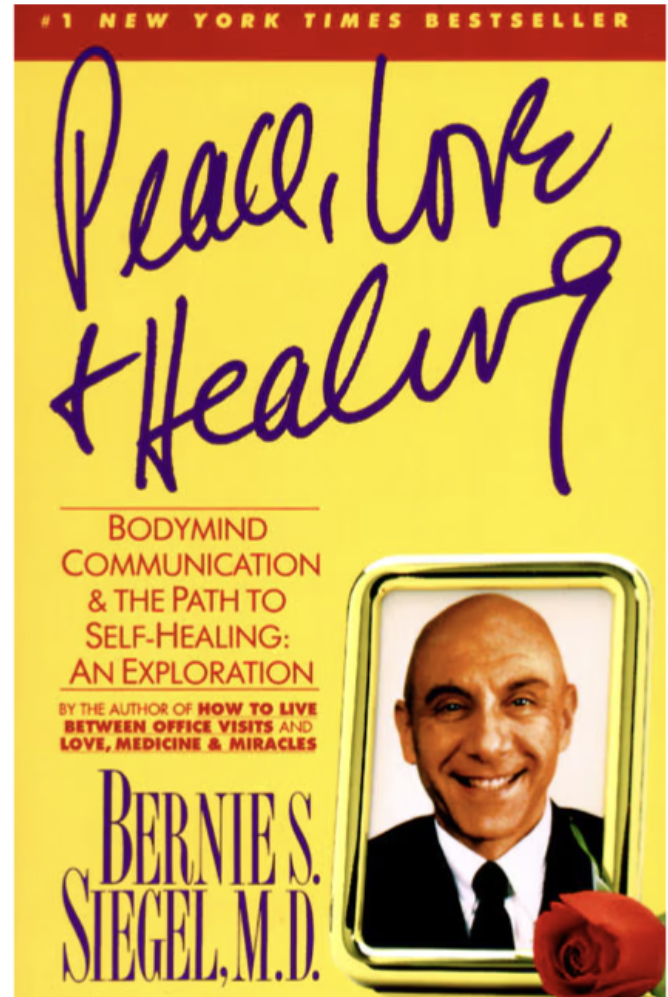Peace, Love, and Healing for Children in School
“Peace and love are not simply the absence of conflict, but a conscious decision… Peace and love are medicine in their own right… Self-care is not selfish—it’s medicine for you and your family.”
– Jaeger Gustafson
Children today are carrying more than just their backpacks into school—they are carrying the weight of stress, fear, and trauma that often begins at home and extends into the classroom. When parents feel unsafe, unsupported, or overwhelmed, children absorb that energy, and it shows in their ability to learn, play, and thrive. To truly address the roots of this stress, parents must first turn inward: self-care for parents is not a luxury—it is one of the most powerful solutions for reducing stress in children.
When adults learn to nurture their own well-being, they model resilience and provide a foundation of calm that children can draw upon. Communities, too, must recognize their role. A single stressed child can unsettle a group, but a supportive, compassionate environment has the power to overwhelm stress with love and stability. Resilience is not built in isolation—it is a collective commitment.
At the heart of this healing lies a deeper truth: peace and love are not simply the absence of conflict, but a conscious decision. They are potent forms of medicine—delivered through self-care, prayer, intention, thought, and action—that ripple outward to touch children, families, and entire communities. When parents and communities embrace peace and love as daily practices, they don’t just ease the burden of stress; they cultivate environments where children can learn and grow with confidence and joy.
Ideas for you to consider to improve your health immediately from: PEACE, LOVE, and HEALING
1. Mind–Body Connection
Emotional states—love, peace, anger, fear—directly influence physical health.
Stress and unresolved trauma can weaken the immune system, while love, hope, and forgiveness strengthen it.
Healing is not just about curing disease, but about restoring balance between mind, body, and spirit.
2. The Power of Love
Love is the most powerful healing force—whether self-love, family love, or community support.
Patients who feel loved and connected often recover better and live longer.
Siegel encourages cultivating loving relationships and compassion as part of medical care.
3. Holistic Healing
Healing is not only physical; it includes emotional, spiritual, and social well-being.
Patients should be treated as whole persons, not just as diagnoses.
Doctors and patients should work in partnership, blending science with empathy.
4. Inner Peace & Attitude
Developing inner peace and a positive outlook can change the course of illness.
Hope and a will to live matter—healing starts within the patient’s mindset.
Meditation, visualization, and spiritual practices can reduce stress and promote healing.
5. Self-Responsibility & Empowerment
People play an active role in their own healing journey.
Taking responsibility for choices (diet, exercise, stress management, relationships) helps create conditions for recovery.
People should see themselves as self-healers and self-caregivers, not just passive recipients of treatment or care.
🌱 Self-Care Tips You Can Start Today
1. Hydrate With Purpose
Drink 3 litres of pure, filtered water daily. Hydration reduces fatigue, balances stress hormones, and keeps your brain sharp. Start your day with a glass of water before coffee or food to set the tone.
2. Calm Your Nervous System With Magnesium
Dose: 150–300 mg elemental magnesium daily. Start on the low end and adjust as tolerated.
Hydration: Take with food and at least 250 mL (1 cup) of water.
Timing: Evening is common for relaxation/sleep.
Laxative effect: Citrate can loosen stools. If diarrhea occurs, reduce the dose or switch to magnesium glycinate (gentler on the gut). Always check the label carefully. Some products marketed as magnesium glycinate include magnesium oxide, a form with lower absorption that functions mainly as a potent laxative.
Safety: Follow the bottle directions or your pharmacist/healthcare provider’s guidance. If you have kidney disease, are pregnant, or take medications, ask first. Separate from thyroid meds, certain antibiotics, or bisphosphonates by at least 2 hours.
Upper limit: Without medical supervision, keep supplemental magnesium at ≤350 mg/day.
3. Reduce Inflammation With Turmeric
Add turmeric into your daily routine—either as a supplement, food, or tea. Pair it with black pepper to boost absorption. Turmeric reduces stress-driven inflammation and helps protect brain health.
Look for capsules standardized to 95% curcuminoids, ideally with piperine (black pepper extract) already included.
Typical study ranges: 500–1000 mg/day of curcumin (often split into 2–3 doses).
Always start low, check tolerance, and consult a pharmacist or practitioner if you’re on medications (since turmeric/piperine can affect drug metabolism).
4. Feed Your Brain With Protein
Ensure you’re getting enough daily protein through whole foods or supplementation. Proteins provide the amino acids your body uses to make neurotransmitters like serotonin and dopamine—your natural mood stabilizers.
Daily protein for mood + energy
Why it matters: Protein supplies amino acids your body uses to make serotonin and dopamine—natural mood stabilizers that support focus, calm, and steady energy.
How much: Aim for 1.2–1.6 g/kg body weight per day (general wellness & active adults). Spread across 3–4 meals/snacks.
Food first: Prioritize eggs, poultry, fish, lean meats, Greek yogurt/cottage cheese, tofu/tempeh, legumes, quinoa, nuts/seeds.
Supplement option (preferred)
Product: New Zealand grass-fed whey isolate, natural/unflavoured (minimal lactose, mixes cleanly). 2–3 scoops a day.
Serving: 20–30 g protein per serving; use to fill gaps after meals or post-workout.
Quality checks: Look for third-party testing (NSF/Informed Choice) and, if needed, Kosher certification (e.g., OU, OK, Kof-K, Star-K) on the label.
Mixing tips: Blend with water or milk/milk alternative; add fruit or cocoa for flavour without added sugars.
Notes & cautions
Dairy sensitivity: If dairy bothers you, try unflavoured whey isolate (very low lactose), lactase with whey, or switch to pea/soy/rice-pea blends.
Medical considerations: If you have kidney disease or are on a protein-restricted diet, check with your clinician first.
5. Move Daily for Resilience
Practice minimalist resistance training with full-stretch muscle contractions.
Alternate opposing muscle groups (chest ↔ back, biceps ↔ triceps).
Go to failure within 6–10 reps—if you can do more than 10, increase the weight.
Include at one–three heavy days per week for strength, supported by lighter movements with cardiovascular training on other days.
Self-care is not selfish—it’s medicine. By drinking water, supplementing wisely, eating for your brain, and moving your body, you not only reduce your own stress but also create a calmer, stronger presence for your children and community.
🌱 Overall Message
Peace and love are medicine in their own right. By choosing compassion, forgiveness, and spiritual growth, you unlock powerful healing for you and beyond.
I hope this information helps you,
Jaeger Gustafson


